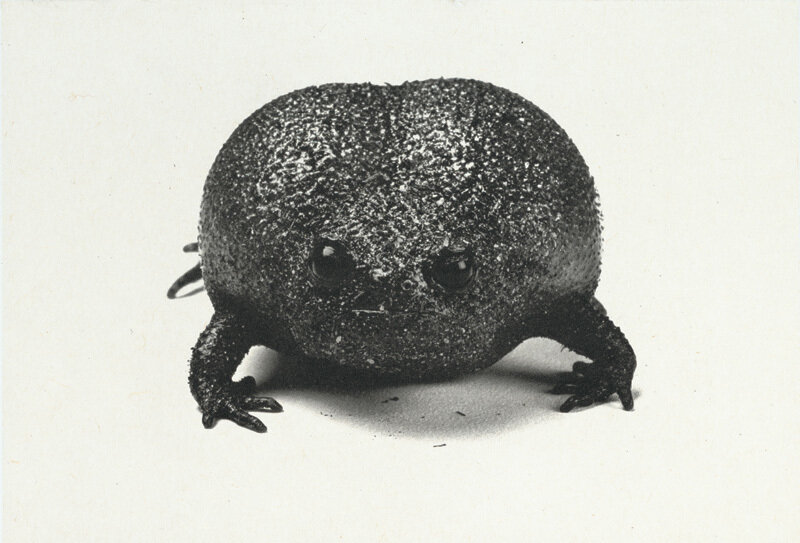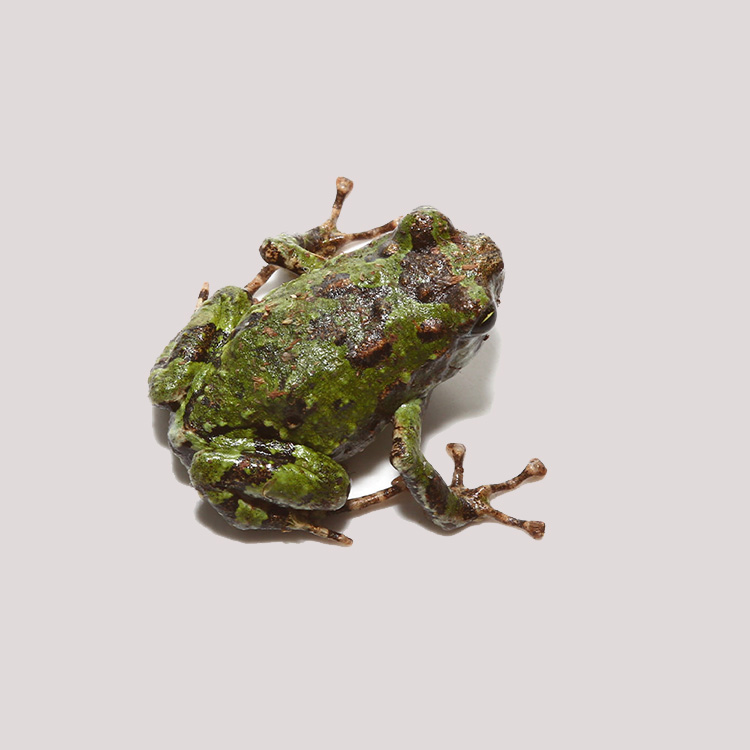Common Wellness Issues in Reptiles: Signs and Solutions
In the elaborate globe of reptile care, understanding the typical wellness issues that may affect these one-of-a-kind creatures is extremely important in ensuring their well-being. Whether it's grappling with parasitical invasions, navigating dehydration worries, or dealing with skin conditions that show up in subtle means, being attuned to the symptoms and equipped with the expertise of efficient solutions is vital for any kind of reptile proprietor.
Breathing Infections
Breathing infections in reptiles can considerably affect their total wellness and require prompt focus from seasoned vets. These infections are commonly brought on by fungis, bacteria, or infections and can show up with symptoms such as wheezing, nasal discharge, open-mouth breathing, and sleepiness. In reptiles, respiratory system infections can be particularly challenging to detect and treat due to their special anatomy and physiology. Veterinarians commonly rely upon a combination of physical exams, analysis imaging, and lab examinations to precisely identify the underlying reason for the infection.
Treatment for respiratory infections in reptiles typically entails a mix of supportive treatment, such as maintaining correct humidity degrees and temperature slopes in the room, as well as targeted drug to attend to the particular microorganism responsible for the infection. It is essential for reptile proprietors to monitor their pet dogs carefully for any kind of indications of respiratory system distress and seek vet care at the earliest indication of an issue. With timely treatment and appropriate therapy, numerous reptiles can recoup fully from breathing infections and return to typical tasks.

Metabolic Bone Disease
What variables contribute to the advancement of Metabolic Bone Illness in reptiles?
Metabolic Bone Condition (MBD) in reptiles is mainly triggered by a lack of correct calcium, phosphorus, and vitamin D3 levels in their diet plan. When reptiles do not get ample calcium, either via their food or proper UVB exposure for vitamin D3 synthesis, they are at a high threat of establishing MBD. Reptiles with diet regimens reduced in calcium or unbalanced calcium to phosphorus ratios are specifically susceptible. Additionally, inadequate exposure to UVB light stops reptiles from manufacturing vitamin D3, which is critical for calcium absorption and bone wellness.
Various other contributing factors to MBD include improper temperature gradients within the reptile's environment, bring about lowered metabolic rate and damaged calcium absorption. Not enough moisture degrees can likewise impact a reptile's ability to metabolize calcium effectively. Furthermore, specific reptile types have particular dietary requirements that, if not met, can increase the likelihood of establishing MBD. Routine veterinary exams, appropriate husbandry practices, and a well balanced diet plan are important to stop Metabolic Bone Illness in reptiles.
Parasitical Infestations
Parasitical infestations present a significant wellness risk to reptiles, influencing their overall wellness and requiring punctual vet focus. Reptiles can be impacted by various parasites, consisting of termites, ticks, internal worms, and protozoa. These parasites can create a series of signs, such as weight loss, sleepiness, skin irritation, looseness of the bowels, and even death if left unattended.
One usual bloodsucker found in reptiles is the mite, which can trigger skin anemia, inflammation, and stress and anxiety. Ticks are one more outside bloodsucker that can transmit diseases and trigger pain to the reptile. Inner parasites like worms and protozoa can result in digestive system concerns, lack of nutrition, and compromise the reptile's immune system.
To identify a parasitic invasion, a vet might execute fecal examinations, skin scrapings, or blood examinations. Therapy often involves deworming drugs, antiparasitic baths, or in severe instances, a This Site hospital stay. Preventative measures such as normal vet examinations, appropriate hygiene, and quarantine procedures for new reptiles can assist decrease the risk of parasitical infestations and guarantee the wellness of reptile animals.
Dehydration and Hydration Issues
Dehydration in reptiles can dramatically impact their health and health, demanding prompt treatment and suitable hydration management. Reptiles are prone to dehydration because of various factors such as poor water consumption, click this link high ecological temperature levels, and specific health conditions. Symptoms of dehydration in reptiles consist of sunken eyes, lethargy, loss of skin flexibility, and lowered peeing. Dehydration can lead to severe health concerns and even be fatal to the reptile - rain frog for sale. if left neglected.
To avoid dehydration, reptile owners ought to make certain that their family pets have accessibility to tidy water whatsoever times. The water recipe ought to be large enough for the reptile to take in if required, particularly for species that take in water via their skin. Furthermore, maintaining appropriate moisture degrees in the reptile's room and giving regular bathrooms can assist prevent dehydration.
In situations of dehydration, it is essential to look for vet care quickly. A veterinarian may provide liquids either by mouth or with shots to rehydrate the reptile. It is important to resolve the underlying source of dehydration to prevent reoccurrence and ensure the reptile's total wellness.
Skin Disorders

Conclusion

Breathing infections in reptiles can considerably impact their general wellness and require punctual attention from seasoned official site veterinarians (rain frog for sale). Preventative procedures such as routine vet exams, proper hygiene, and quarantine treatments for new reptiles can assist minimize the threat of parasitical infestations and make certain the well-being of reptile animals
If left neglected, dehydration can lead to serious health and wellness concerns and also be fatal to the reptile.
Regularly evaluating your reptile for any adjustments in skin color, structure, or look can assist in very early detection and treatment of skin disorders, promoting the general health and wellness and wellness of your scaly buddy. - rain frog for sale
In final thought, reptiles are vulnerable to numerous health problems such as respiratory system infections, metabolic bone illness, parasitical problems, dehydration, and skin ailments.